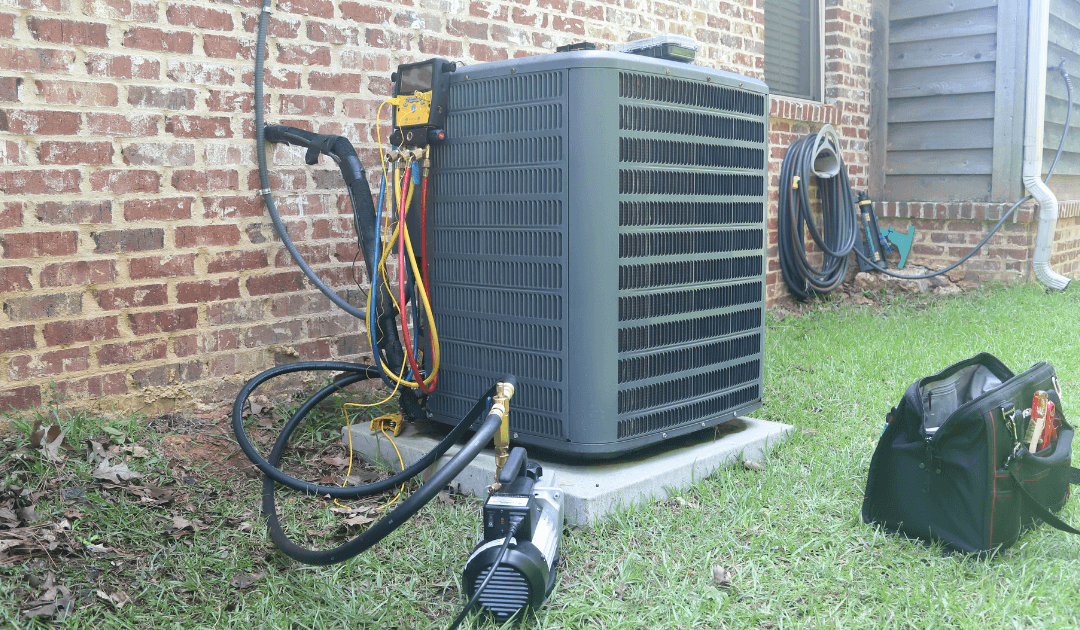Your HVAC system works hard to keep your home comfortable, especially during extreme Texas weather. But what happens when it starts working too hard? An overworked system can lead to higher energy bills, costly repairs, or even a total breakdown. The good news? You can catch the warning signs early. At North Tarrant Heat & Air, we’re here to help you identify an overworked HVAC system before it becomes a bigger problem.
Rising Energy Bills
One of the first signs of an overworked HVAC system is an unexplained spike in your energy bills. If your usage habits haven’t changed but your costs have, your system may be running inefficiently. This could be due to dirty filters, worn-out components, or an aging unit struggling to keep up.
Uneven Heating or Cooling
Do some rooms in your home feel too hot or too cold while others are just right? Uneven temperatures are a common sign that your HVAC system is overworking to maintain comfort. This could be caused by poor airflow, leaky ductwork, or a failing system that can’t distribute air evenly.
Frequent Cycling On and Off
If your system is constantly turning on and off, it may be short-cycling—a condition that not only wastes energy but also puts extra strain on your HVAC components. Short cycling can be caused by a range of issues, from an oversized system to a clogged air filter or refrigerant problems.
Strange Noises
Banging, rattling, squealing, or other unusual noises coming from your HVAC system are clear signs of trouble. These sounds often indicate worn-out or loose components, which can cause the system to work harder than it should. Addressing these noises early can prevent bigger, more expensive problems down the line.
Poor Airflow
Weak airflow is another red flag that your HVAC system is overworked. If the air coming from your vents feels weak or restricted, it could be due to a clogged filter, a failing blower motor, or ductwork issues. Poor airflow forces your system to work harder, which increases wear and tear.
System Running Nonstop
If your HVAC system seems to be running all day without ever reaching your desired temperature, it’s likely overworked. This could be a sign of inadequate insulation, improper sizing, or a system nearing the end of its lifespan.
How to Prevent Breakdowns
Catching these signs early can save you time, money, and stress. Here’s how to reduce the strain on your HVAC system:
- Replace Filters Regularly: A clean filter improves airflow and efficiency.
- Schedule Routine Maintenance: Regular tune-ups can identify and fix issues before they escalate.
- Seal Duct Leaks: Properly sealed ductwork ensures efficient airflow throughout your home.
- Upgrade When Necessary: Older systems often struggle to keep up and cost more to maintain.
Trust North Tarrant Heat & Air to Keep Your System Running Smoothly
If you’ve noticed any of these signs, don’t wait until your system breaks down. At North Tarrant Heat & Air, our experienced technicians can diagnose and address issues before they turn into costly repairs or replacements.
Call us today to schedule a service call. Let us help you keep your HVAC system running efficiently and your home comfortable year-round!



